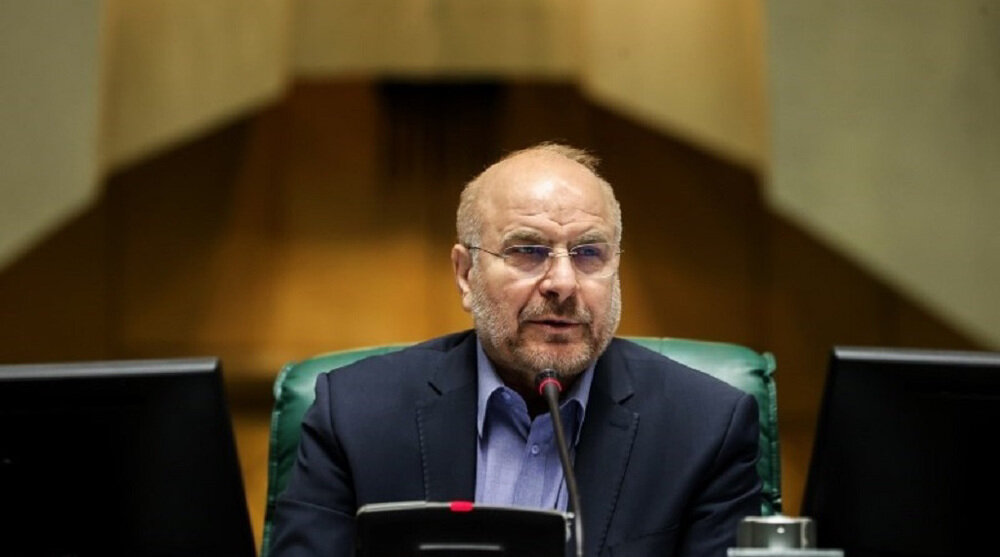National strength, not foreign leaders, secures our interests: Iran parliament speaker

TEHRAN – Iranian Parliament Speaker Mohammad Baqer Qalibaf has emphasized that Iran’s capacity to protect its interests remains unaffected by changes in foreign leadership, including the recent election of Donald Trump as the U.S. president.
Speaking at a parliamentary session on Sunday, Qalibaf highlighted that Iran’s strategy is rooted in national power and “revolutionary rationality,” rather than dependency on foreign nations.
He acknowledged that while U.S. presidents may differ in their approach toward Iran, this variation does not sway Iran’s resolve. "Our national power and the intelligent, authoritative conduct of the Islamic Republic determine our adversaries’ behavior towards us," Qalibaf remarked, reinforcing that the shifts in foreign leadership will not impact Iran's strategic direction as long as it relies on its domestic capabilities and the strength of Iranian willpower.
Qalibaf praised the internal resilience of the Iranian people, which he described as essential to shaping global powers’ policies toward Iran. He urged Iranian officials to focus on strengthening the country's defense capabilities and addressing economic issues, seeing these steps as vital to enhancing Iran’s deterrence in the face of international pressures.
Reflecting on the Trump presidency, Qalibaf reiterated that Iran will continue to prioritize sovereignty and rational decision-making, ensuring that its policies are guided by national interests rather than external influences. His remarks come at a critical moment as Trump takes office as the 47th president of the United States, following his victory with 76 million votes and 312 electoral votes.
In his address, Qalibaf stressed that Iran’s long-term security and success lie in its independence and dedication to addressing the needs of its people, securing a future that is resilient to the tides of international politics.
He also urged Iranian officials to enhance Iran's defensive power and solve economic problems to boost the country's deterrence in the face of external threats and pressure.
